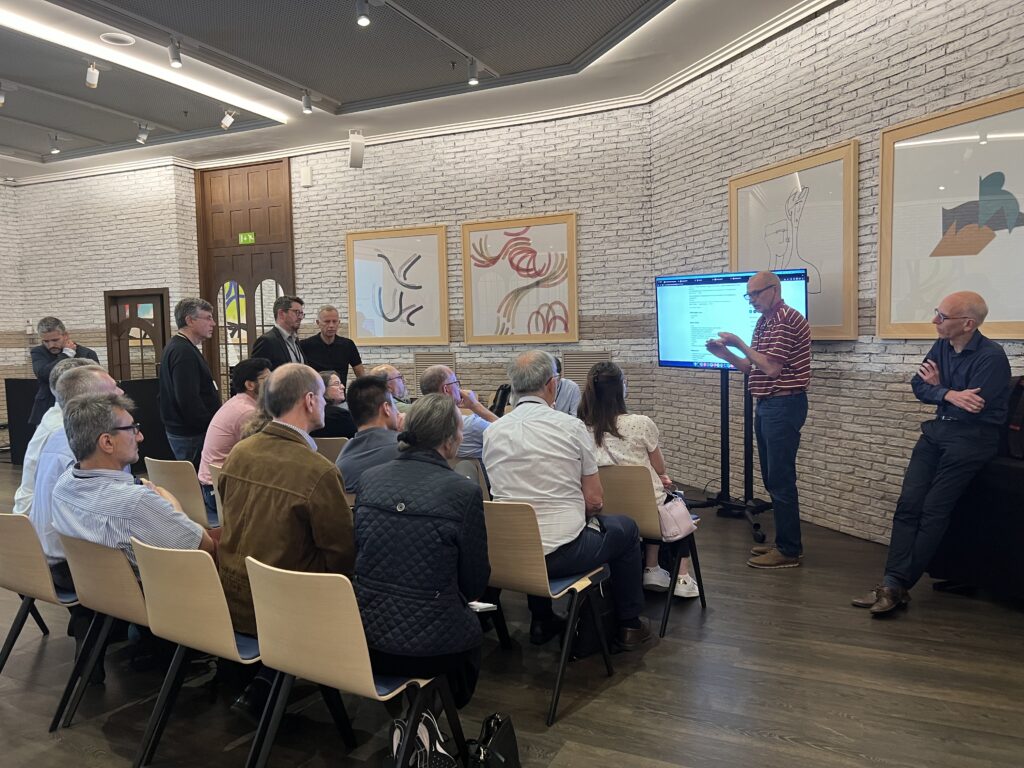
Replacing concurrent control animals in toxicity studies with data collected from historical controls has the potential to significantly reduce the number of animals used in in vivo toxicity studies. Based on the large amount of preclinical safety data shared among partners of the eTRANSAFE project, five EFPIA partners (Bayer, Merck, Roche, Sanofi and Novartis) together with Fraunhofer ITEM and UPF have outlined the concept of virtual control groups (1, 2) and subsequently set-up a diligently curated VCG database comprising more than 5 mio. data points from rat studies. An extension to other species used in toxicity studies is underway. The Virtual Control Group (ViCoG) initiative has developed tools for intuitive data analysis and visualisation and as well identified priority selection criteria for an appropriate matching of the virtual control groups with the animals of the dosing groups.
The initiative has now started a qualification process for the VCG procedure and initiated approaches to interact with regulators to achieve the acceptance of the methodology.
(1) Steger-Hartmann T, Kreuchwig A, Vaas L, Wichard J, Bringezu F, Amberg A, Muster W, Pognan F, Barber C. Introducing the concept of virtual control groups into preclinical toxicology testing. ALTEX. 2020;37(3):343-349. doi: 10.14573/altex.2001311. Epub 2020 Mar 31. PMID: 32242633.
(2) Pognan F, Steger-Hartmann T, Díaz C, Blomberg N, Bringezu F, Briggs K, Callegaro G, Capella-Gutierrez S, Centeno E, Corvi J, Drew P, Drewe WC, Fernández JM, Furlong LI, Guney E, Kors JA, Mayer MA, Pastor M, Piñero J, Ramírez-Anguita JM, Ronzano F, Rowell P, Saüch-Pitarch J, Valencia A, van de Water B, van der Lei J, van Mulligen E, Sanz F. The eTRANSAFE Project on Translational Safety Assessment through Integrative Knowledge Management: Achievements and Perspectives. Pharmaceuticals (Basel). 2021 Mar 8;14(3):237. doi: 10.3390/ph14030237. PMID: 33800393; PMCID: PMC7999019.




